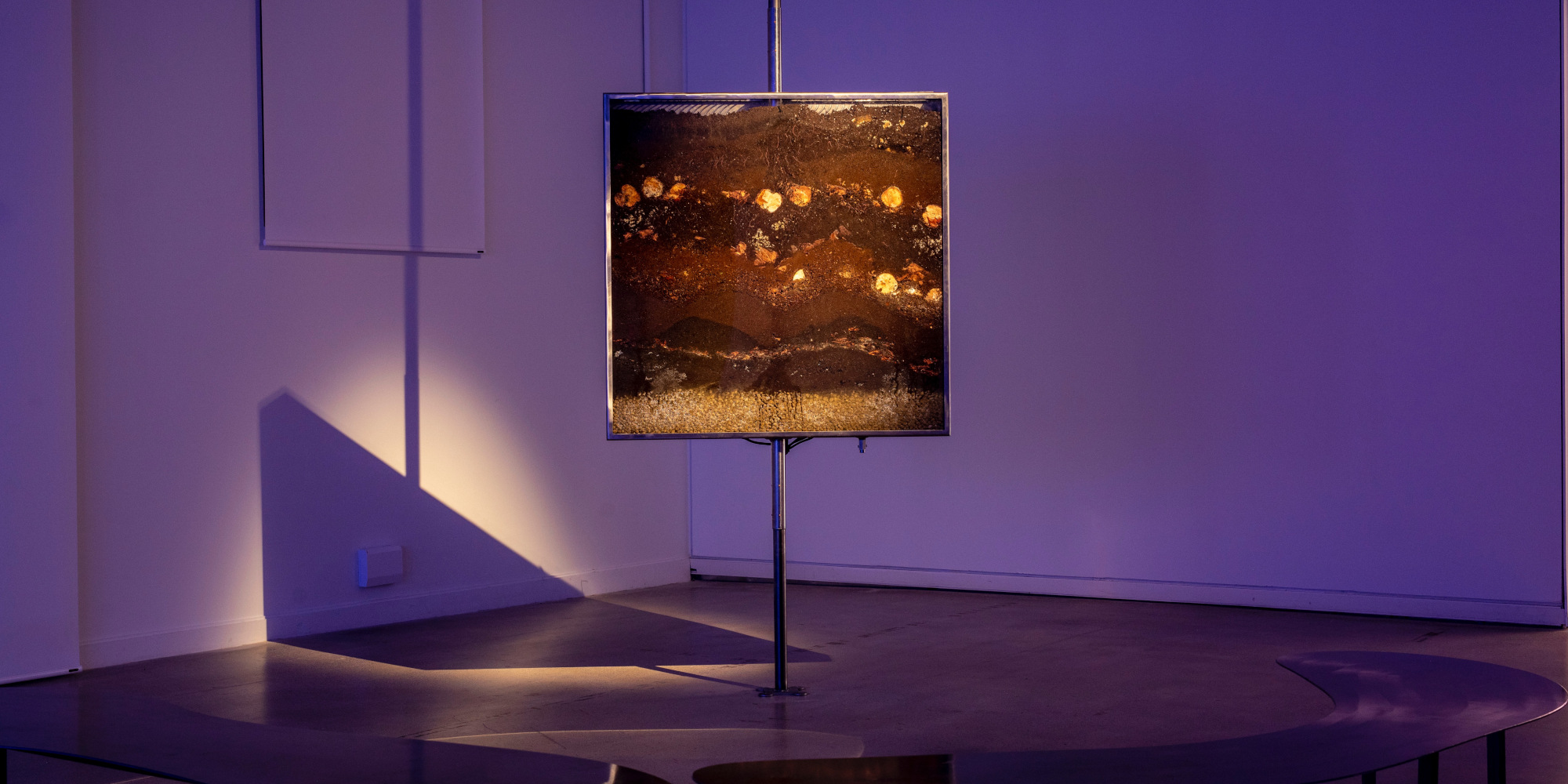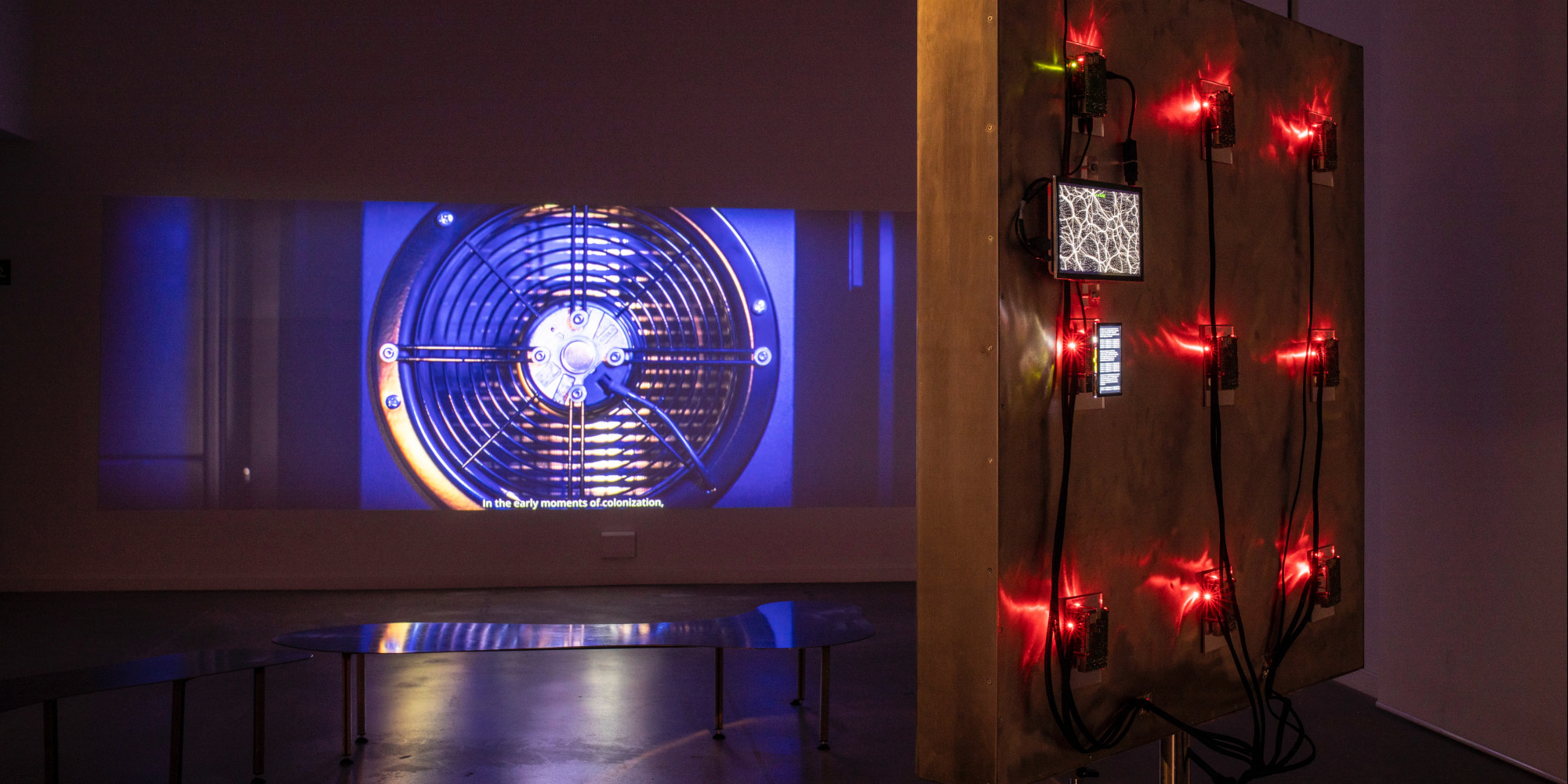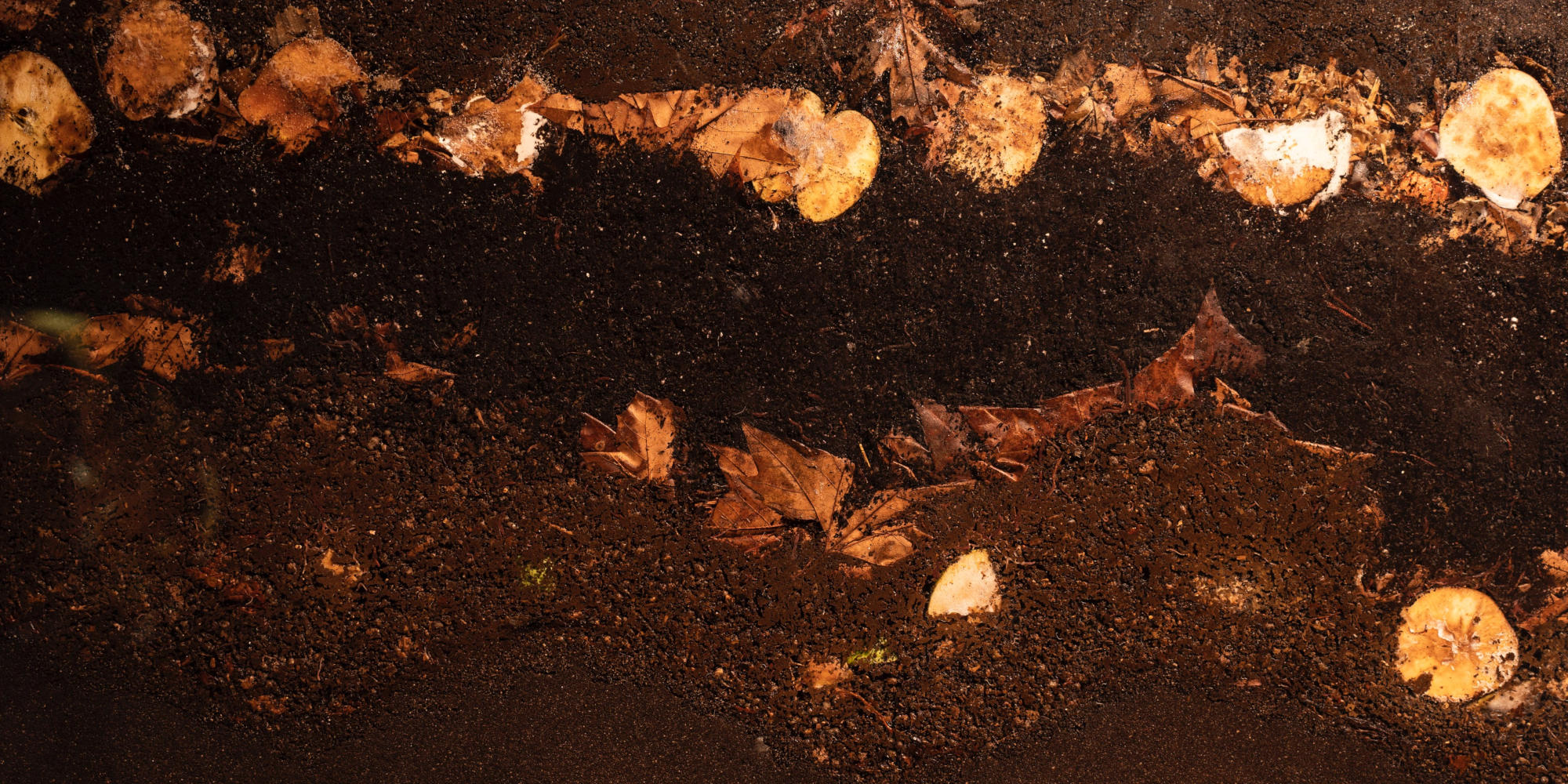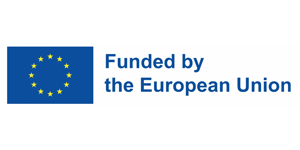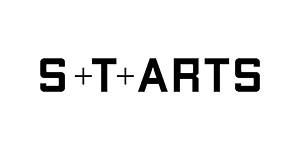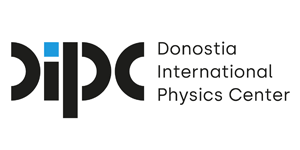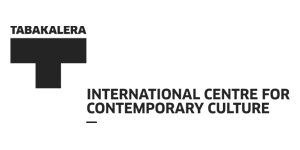Digital data is often seen as immaterial and harmless, detached from the physical world. In reality, it relies on massive infrastructures that consume large amounts of energy, water, and raw materials, while emitting heat and carbon dioxide. Computational Compost responds to this hidden impact by exploring how the energy demands of digital systems can be redirected to support ecological processes rather than harm them.
The project presents a prototype that repurposes the heat generated by intensive computational processes simulating the origin of the universe to power a vermicomposting machine. In this system, live worms and microorganisms use the waste heat to transform organic matter into fertile soil. Visitors can experience the working prototype along with three poetic films. Together, these elements invite us to imagine new futures for data where digital systems help regenerate life instead of depleting it.

Computational Compost / Marina Otero Verzier - Photo: Mikel Blasco
Exhibit
Computational Compost
Marina Otero Verzier (ES)
Ticket //
FREE / No Ticket
-
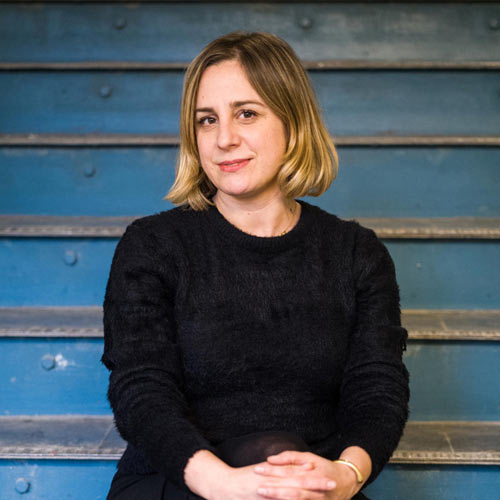
Photo: Marina Otero Verzier
Marina Otero Verzier
Marina Otero Verzier is an architect and researcher. She teaches at the Graduate School of Architecture, Planning and Preservation (GSAPP) of Columbia University, where she leads the Data Mourning clinic, exploring the intersection between digital infrastructures and climate catastrophe. A Harvard Wheelwright Prize winner, she collaborates with scientific institutions such as the DIPC on developing prototypes like Computational Compost. She contributed to Chile’s first National Data Centers Plan alongside local communities on the front lines of the fight against extractivism.
-
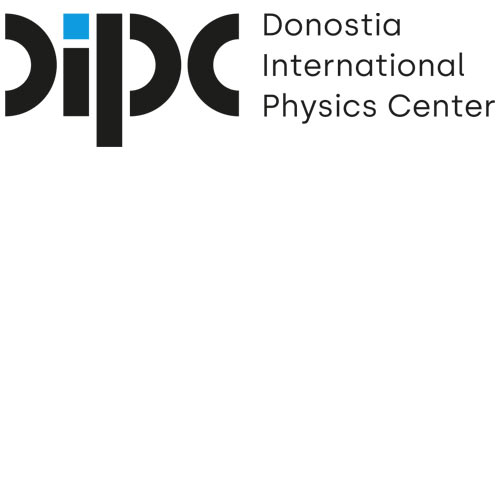
Donostia International Physics Center
Donostia International Physics Center (DIPC) is a research institution focused on conducting leading edge research in physics and related disciplines, as well as on conveying scientific culture to society.
Credits
Artistic Direction, Research and Prototype Design: Marina Otero Verzier | Project Coordination (Linz): Fernando Fernandez Sanchez | Film Direction: Manuel Correa and Marina Otero Verzier | Film editing: Manuel Correa | Film locations: Supercomputing Center, Donostia International Physics Center (DIPC); The NEXT experiment, Canfranc Underground Laboratory (LSC); ASCEND project, Thales Alenia Space España. | Research and 3D direction: Claudia Paredes Intriago | Prototype development: Claudia Paredes, Fernando Fernande, Pablo Saiz | Production: Rocco Roncuzzi | In collaboration with the Donostia International Physics Center (DIPC): Txomin Romero, Silvia Bonoli, Raul Angulo, Jens Stücker. | First Commissioned by Tabakalera. | Acknowledgments: Clara Montero; Ibai Zabaleta; Ane Agirre; David Pello; Ekhiñe Etxeberria; Iñaki Eguitegui; RISE; Francesc Monrabal; Ricardo Diez Muiño; DIPC; Canfranc Underground Laboratory; Yves Durand; Oriol Casas; Raúl Regada; Thales Alenia Space.
Presented in the context of STARTS Ec(h)o. STARTS Ec(h)o is funded by the European Union under Grant Agreement No. 101135691.
